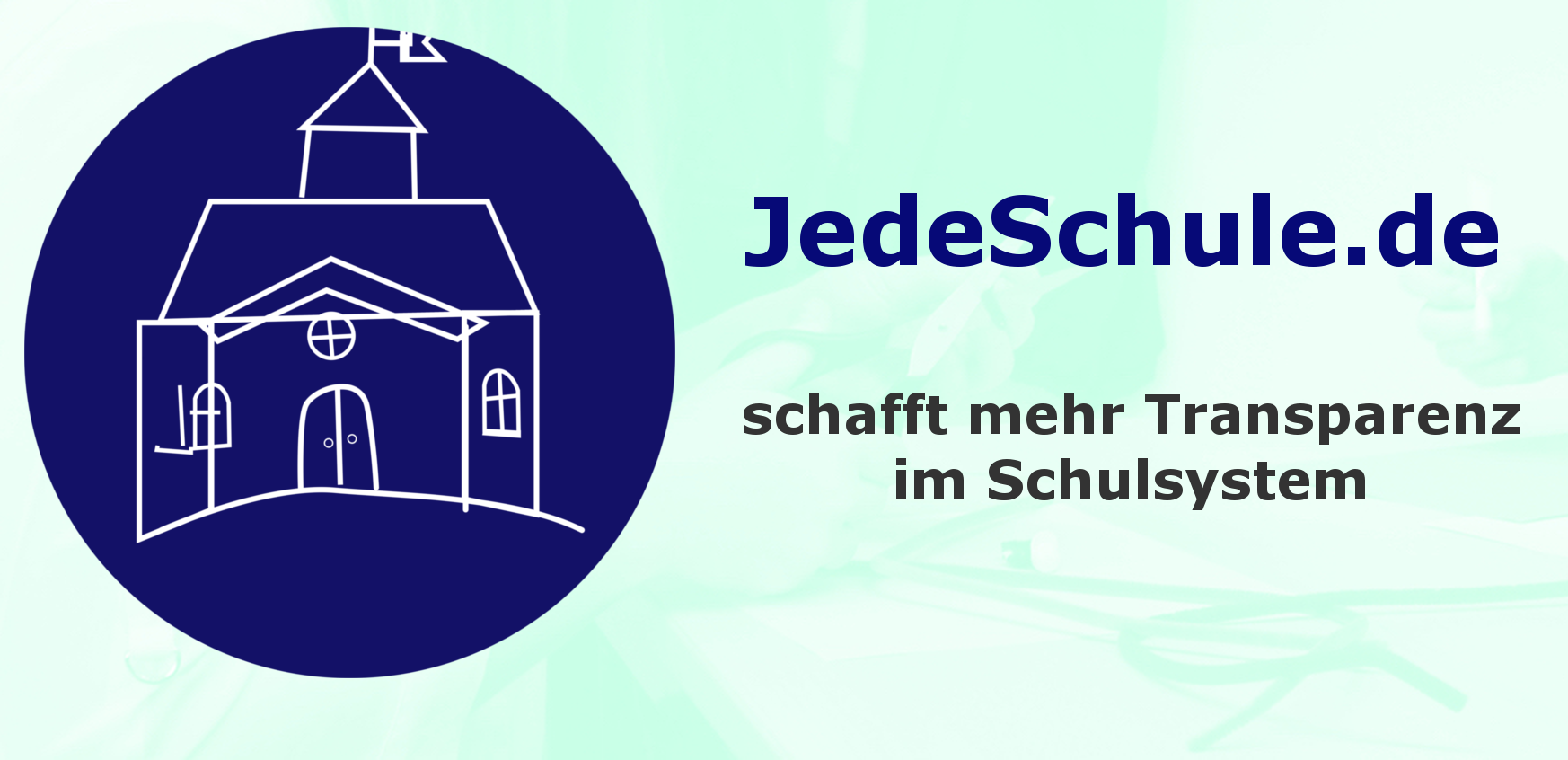CC-BY 3.0, Isis Reis, Datenschule, Foto: Helene Hahn
What does it mean to become ‘data literate’? Where do you start and how can you use data within your work and projects? To explore these questions, we would like to introduce some of our community members and data activists from around the world, who ended up working with data at some point in their lives. We were curious about how they actually got started and - looking back now - what they would recommend to data newbies.
Each month we will publish a new interview, this is no. #3. Got feedback? Have questions? Feel free to get in touch: info@datenschule.de
Who: Data trainer and journalist at School of Data and Data Lab, from Brazil
Topics: data driven journalism, datastories
Tweets: @Isisrf
Hi Isis, please introduce yourself.
I’m Isis and I’am working at the Data Lab and with School of Data in Brazil. We are working towards a more data-savvy society and are promoting data literacy skills especially among young people living in rural areas in Rio de Janeiro, the favelas and in the outskirts of Rio.
When was the first time you came across data and when did you start to use data in your work?
I used to work with a large NGO in Brazil, that was founded in the 80s after the re-democratisation period. Our organisation was fighting inequality and did research on societal issues to help improve living conditions of local people. We used to have a huge amount of quantitative data from our research and surveys, but no one knew how to work with the data and how to make sense of what we gathered over a long period of time. With the improvement of the freedom of information act in Brazil, we quickly realised that data will soon be playing a very important part in our every-day work.
Me and my colleague Natalia Mazotte, a data journalist with whom I used to work with, got in touch with another NGO called Transparencia Hacker, a hacktivist group based in Brazil. They taught us basic data skills, such as how to work with data, how to make visualisations and what open data means. I started working with html and css, supported different projects and helped building indexes based on data. Later I started working with School of Data.
How would you explain data literacy?
Data literacy skills include at least a basic understand of informational, statistical and technical knowledge. Data literacy in practice means to me, that people know where to get data they need and are able to work with tools that can help answer their questions.
What benefits do you see for a data-savvy society?
Data could help understand complex issues that we as a society need to work on, like global warming. Data also helps us to establish more transparency in the political sphere. By having the facts, we help people to better understand social issues and engage in decisions made by the governments. We need data to formulate arguments and ask the right questions. In other words, we need data to better understand the reality we live in. </br> For us, data about living conditions in favelas is very hard to find, the national institutes don’t collect that kind of data. This means that so many people remain invisible to the society, which makes it hard to improve and provide the right services to help people in need.
What would you recommend to someone interested in data, but who does not know where to start?
Start reading articles about data and look out for existing data-driven projects, it’s great for your inspiration. I also recommend the School of Data tutorials, that I’m a huge fan of and that helped me to improve my data skills. If you’re based in Brazil, don’t hesitate to contact the Data Lab and get in touch with us. Also there are many data driven communities in Brazil, that can help you start your project or join an existing one.
####Links: Blog posts by Isis and her team at School of Data Brazil</br> Data Lab in Brazil</br> Transparencia Hacker Brazil
Melde dich bei unserem Newsletter an und erhalte monatlich Informationen über unsere Aktivitäten und Workshops.
 Gemeinsam Stadt gestalten - Forum Offene Stadt in...
Gemeinsam Stadt gestalten - Forum Offene Stadt in... Am 03. März diskutierten Bürger/innen, Expert/innen und Open Data-Aktivist/innen beim Forum Offene Stadt in Hamburg darüber,...
 Launch: JedeSchule.de schafft mehr Transparenz im Schulsystem
Launch: JedeSchule.de schafft mehr Transparenz im Schulsystem Schule ist weit mehr als nur Unterricht. Potenziale, Persönlichkeit und das Engagement für die Gesellschaft entwickeln...